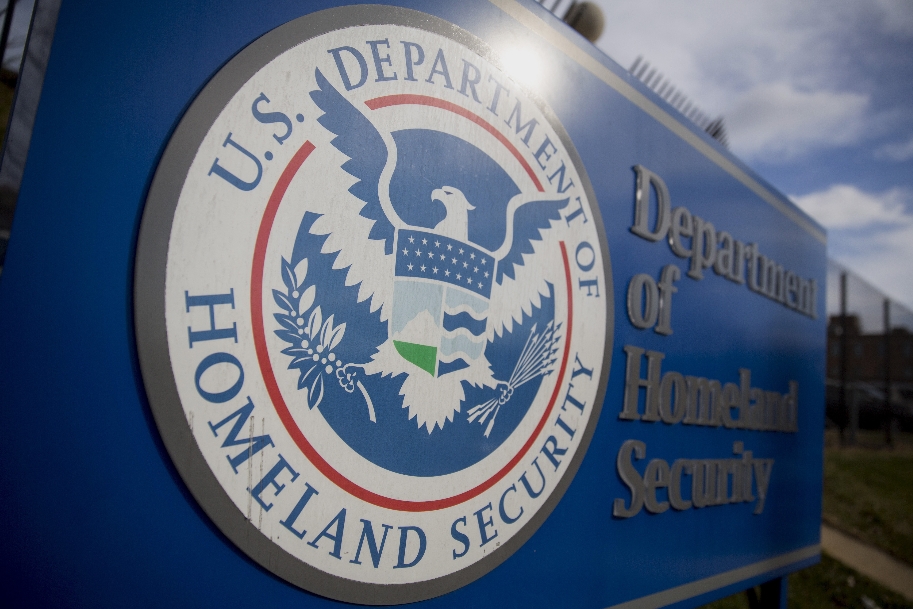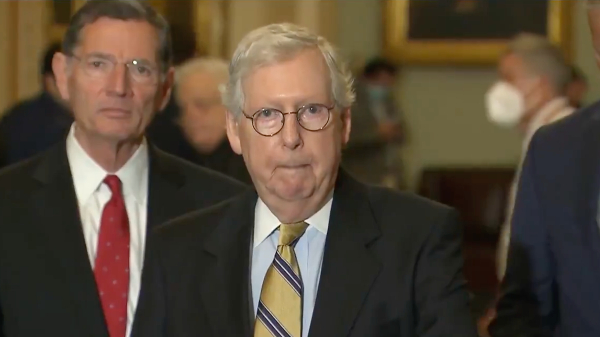Commercial real estate COLLAPSE threatens to trigger a wave of bank failures
02/13/2024 / By Ethan Huff

America’s distressed commercial real estate sector is once again sending shockwaves throughout the fiat banking system after Moody’s decided to cut New York Community Bancorp’s (NYCB) credit rating to junk status.
The move triggered a massive selloff in regional bank stocks that is only expected to worsen as the dire state of commercial real estate in the United States delivers a rude awakening to the increasingly shaky financial sector.
The special low-interest-rate lifeline the private Federal Reserve banking cartel extended last year to keep underwater banks afloat and moving along as “normal” is about to expire, which means more bank failures are soon on the way.
Following the Moody’s downgrade, NYCB’s shares plunged about 15 percent in premarket trading. In the week that followed, the stock plunged another 60 percent as the stark reality of NYCB’s exposure to collapsing commercial real estate comes to light.
Ironically, NYCB won the bid last year for now-failed Signature Bank’s assets, which fell apart not long after the collapse of Silicon Valley Bank (SVB). This increased NYCB’s assets above $100 billion, putting it in a new regulatory category that subjected the company to more stringent capital requirements.
(Related: Late last year, several of the nation’s largest banks cut 20,000 jobs.)
Midsized bank stocks plunge as reality hits
Most of the damage incurred by the commercial real estate sector stems from dwindling office occupancy rates, increasing interest rates, and of course the Wuhan coronavirus (COVID-19) lockdowns that drove many companies to have their employees work from home permanently.
This perfect storm means that lenders could face a “maturity wall” of as much as $1.5 trillion in commercial real estate loans that will come to a head both this year and next.
Most such loans come from regional, mid-sized banks, which explains why the KBW Nasdaq Regional Banking Index, a collection of mid-sized bank stocks, plunged by about 12 percent over the past week as investors flock to safer investments.
As usual, the powers that be are doing everything they can to downplay the severity of the situation. Treasury Secretary Janet Yellen recently told the House Financial Services Committee that everything is just fine with U.S. finance.
“I believe it’s manageable, although there may be some institutions that are quite stressed by this problem,” Yellen said casually.
On March 11, 2024, which marks the four-year anniversary of then-President Trump’s COVID pandemic declaration, the funding lifeline that has been keeping commercial real estate lenders afloat, known as the Federal Reserve Bank Term Funding Program, will expire. This means that the artificially low-interest loans the Fed offered to distressed lenders will spike upwards, sending more failing banks into a tailspin.
Keep in mind that this is not just a U.S. issue. Thanks to decades of globalization, many European and Asian banks are also in similarly dire circumstances that threaten to unravel their respective financial systems.
Amazingly, some banks actually increased their exposure to the $6 trillion U.S. real estate debt market in the first half of 2023, despite the tsunami of bad loans that is fast-approaching on the horizon. Such banks include Banco Santander and Deutsche Bank.
Investor behavior amid all the chaos suggests that many worry that NYCB’s demise could be a canary in the coal mine for both regional banks and commercial real estate at large. In other words, they know full well that there is a long line of dominoes set to fall, and the next one to brace for involves commercial real estate lenders both in the U.S. and abroad.
When America’s corrupt financial system finally collapses, the shock heard ’round the world will be massive. Find out more at Collapse.news.
Sources for this article include:
Submit a correction >>
Tagged Under:
banking, banks, Bubble, chaos, Collapse, commercial real estate, debt bomb, debt collapse, economic collapse, economic riot, finance, finance riot, housing bubble, inflation, market crash, money supply, panic, pensions, Real Estate, risk
This article may contain statements that reflect the opinion of the author
RECENT NEWS & ARTICLES
COPYRIGHT © 2018 MONEYSUPPLY.NEWS
All content posted on this site is protected under Free Speech. MoneySupply.news is not responsible for content written by contributing authors. The information on this site is provided for educational and entertainment purposes only. It is not intended as a substitute for professional advice of any kind. MoneySupply.news assumes no responsibility for the use or misuse of this material. All trademarks, registered trademarks and service marks mentioned on this site are the property of their respective owners.



















